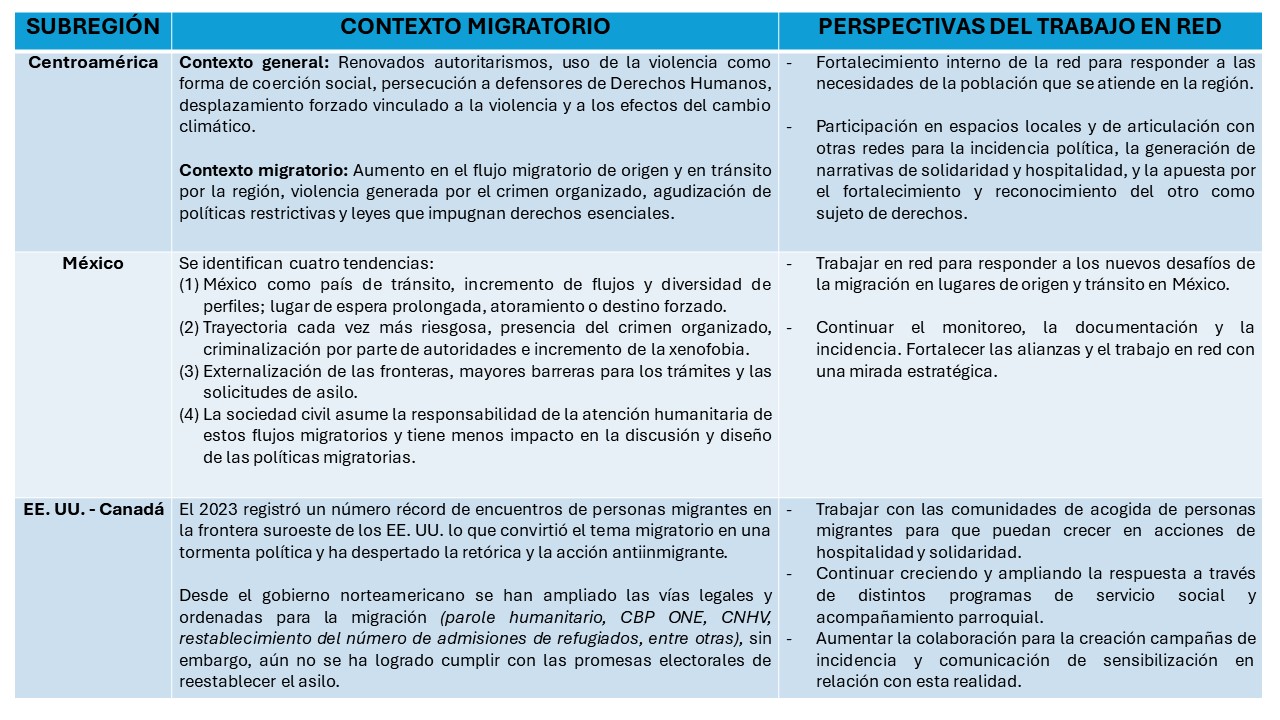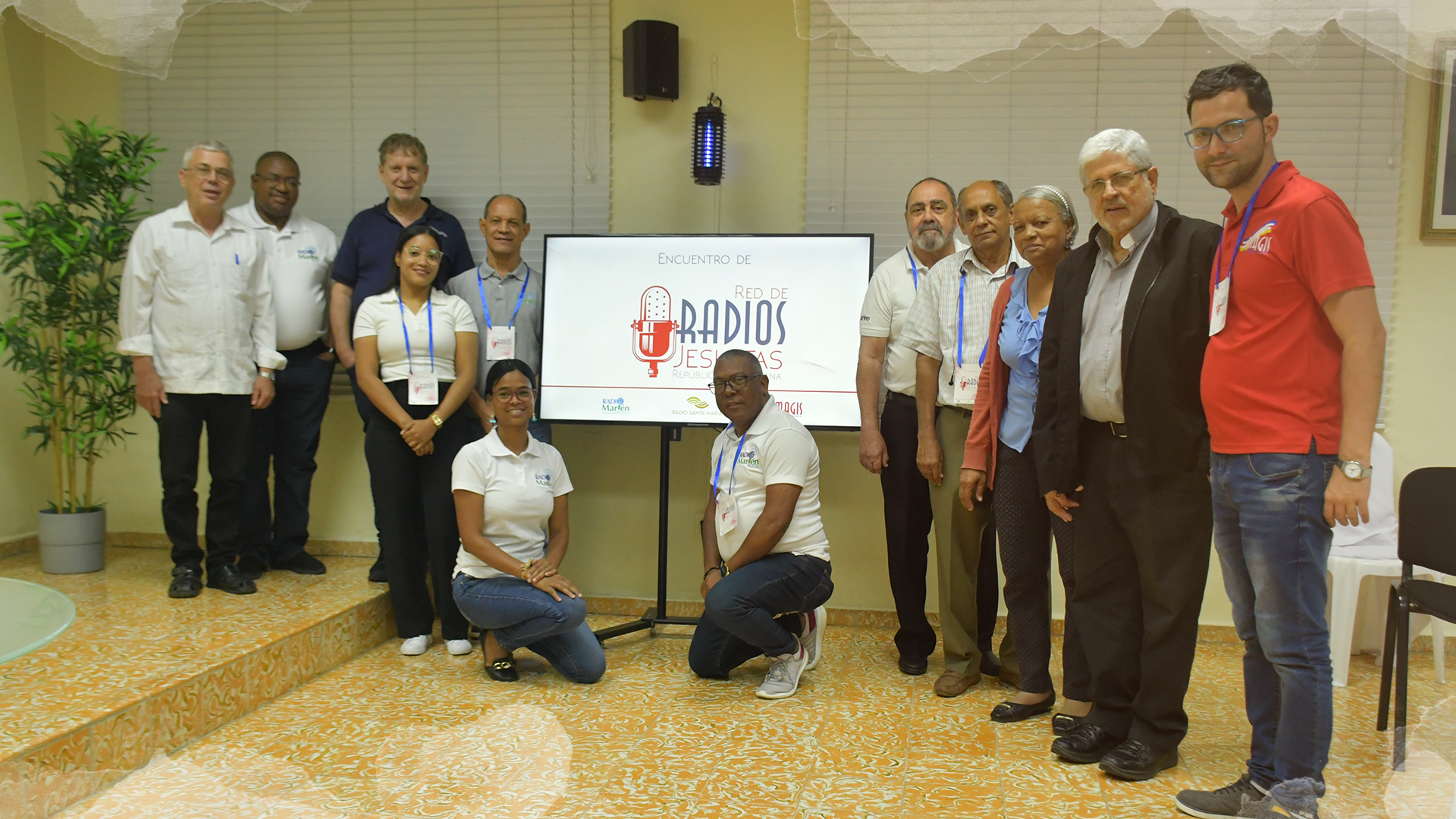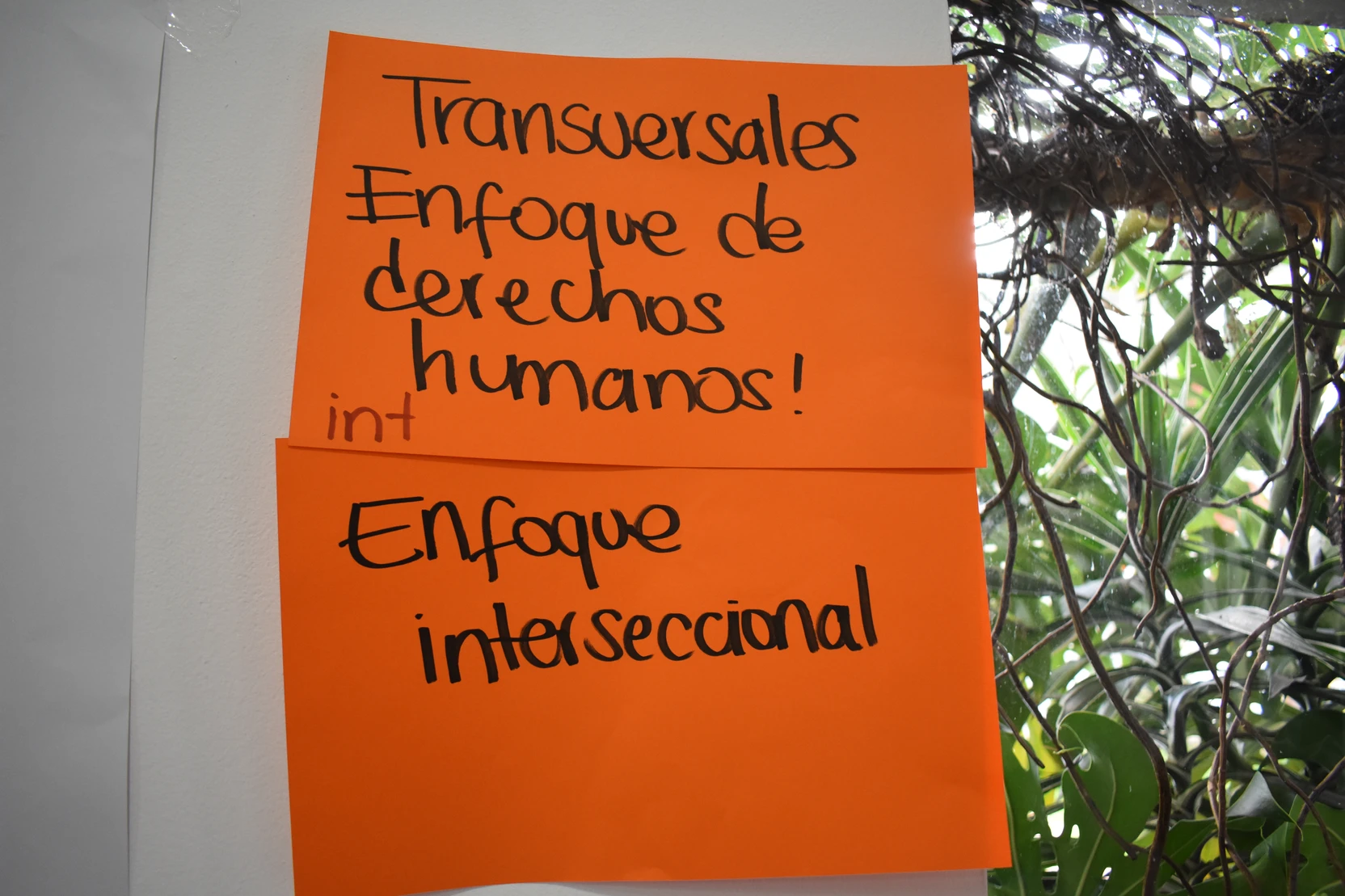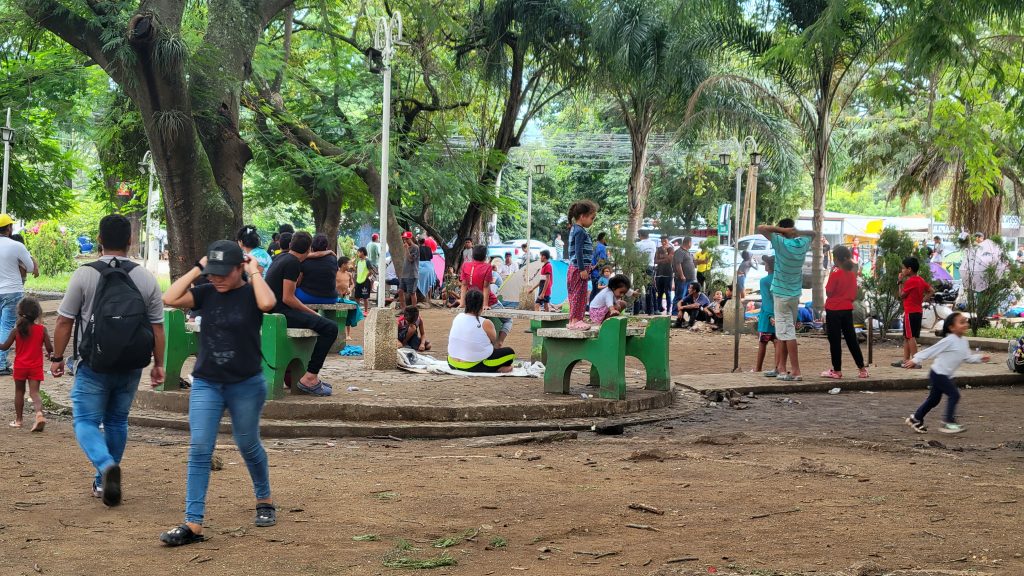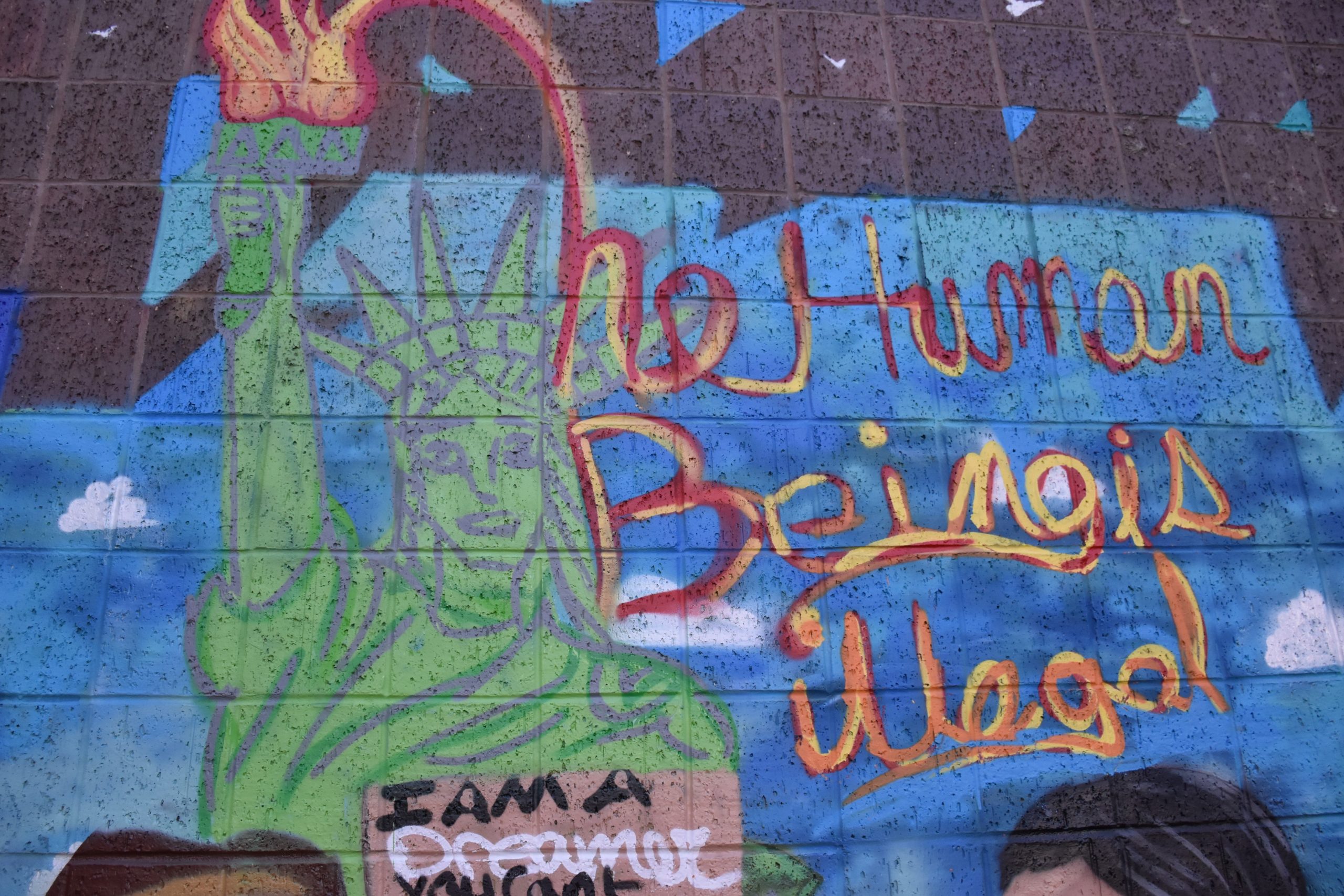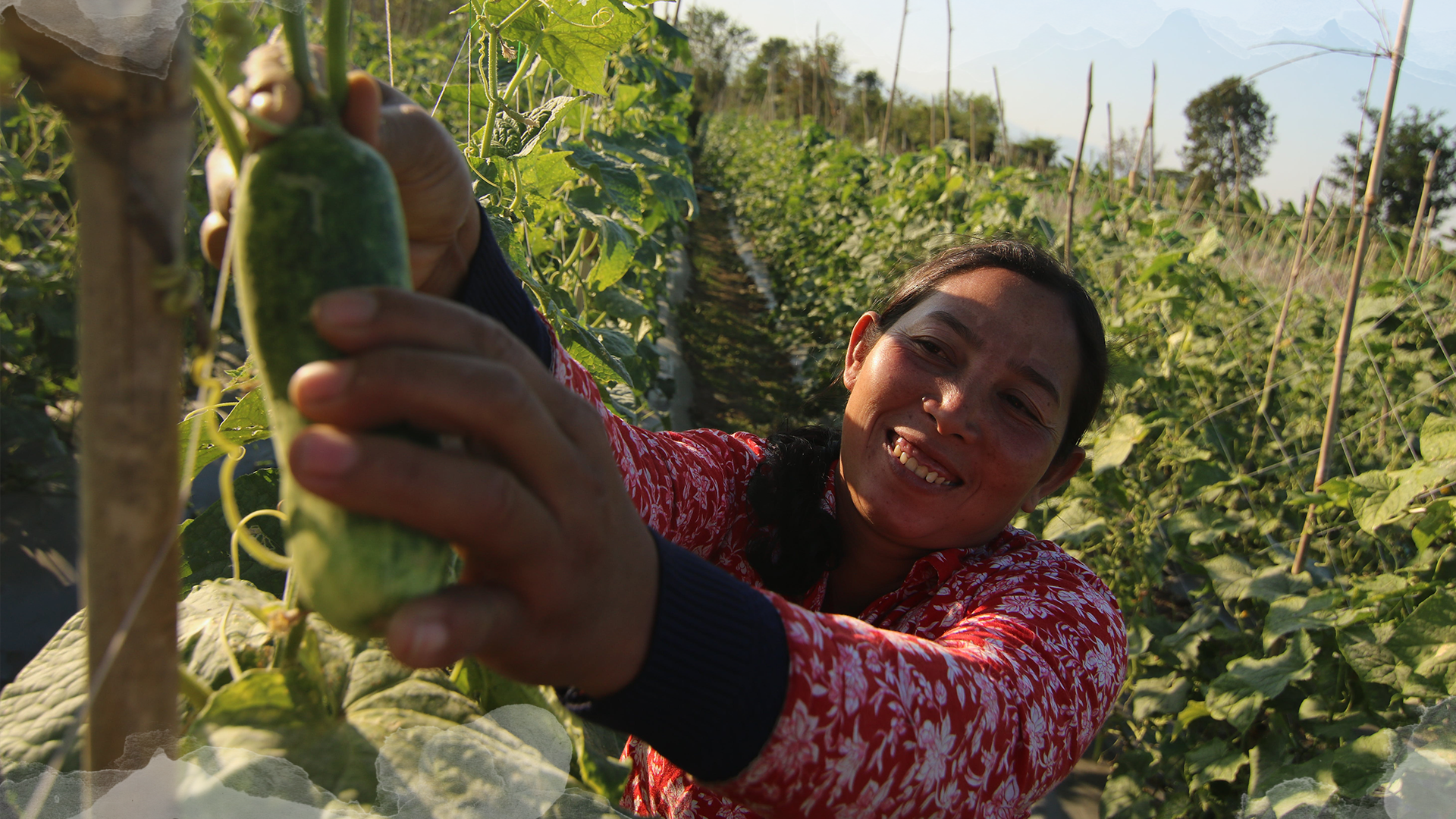Jesuit Social Martyr 2 – Brother Vicente Cañas, s.j. – Kiwxi, Social Friendship that challenges Brazil and the Society of Jesus
As we step into the month of May, we pay tribute to the indomitable spirit of indigenous peoples, who, in the face of adversity, teach us the power of reconciliation. In these trying times, we honor the lives of our Jesuit companions, who, driven by their faith and dedication, served the most marginalized in our society. Their lives stand as a testament to the human spirit, inspiring us to strive for unity with others, with our Earth, and with our Creator.
Brother Vicente Cañas Costa, hailing from Albacete (Spain), embarked on a selfless odyssey to Brazil as a missionary, adopting the name Kiwxi. His journey was marked by a profound sense of detachment, as he left behind his nationality, culture, security, history, and companions to embrace a completely foreign environment. In this act of stepping out of his comfort zone and traditional security, Kiwxi devoted himself to the radical service of the Enawenenawê people. He embodied the teachings of St. Ignatius of Loyola, showing that love is best expressed through actions, not words.

The radical process of detachment and incarnation of Kiwxi is the genesis of a new missionary style of work that gives out his life without concern for converting others to the Christian faith but instead demonstrates the essential witness of Jesus Christ, who sacrifices his life so that others "may have life, and life in abundance" (Jn 10:10). This aspect of selfless service, without imposing on others, is what the Enawenenawê people hold dear about Kiwxi: his ability to be with them without any pretense, to engage in their activities of fishing, tending to the gardens, building the houses, etc. Above all, they remember his ability to participate and live their rituals as a profound spiritual experience that enriched them all (including Kiwxi) to the brim.
Kiwxi decided with
another missionary companion, Thomaz Aquino Lisboa, to move to the northeast of
Mato Grosso, where different indigenous communities, among them the Mÿky and
the Enawenenawê, were concentrated in isolated areas. Both were founders of the
Indigenous Missionary Council of Brazil (CIMI), remarked by a new way of
approaching aboriginal nations: accompanying them, living with them, and living
(as much as possible) like them. When the two missionaries arrived in the
community, there were only 97 people; today, there are about a thousand. It is,
in part, thanks to the work of Vicente Cañas, who helped them fight against the
landowners who wanted to take over their land.
Since 1975, Vicente Cañas has dedicated his
whole life to the Enawenenawê. He participated in their rituals, went fishing
with them, and worked with them in the cassava plantations and the honey
harvest. He even learned their language and ended up becoming one of them. He
built himself a hut by the Juruena River, some 60 kilometers from the community
village, for his spiritual retreats and the quarantines he carried out to avoid
spreading diseases among his people. Vicente was threatened with death by those
who wanted to invade and take over the Enawenawê lands. His body was found 40
days after his murder in the courtyard of his house, already mummified by
nature, on May 16, 1987. No jungle animal had eaten him, which helped to
reconstruct the crime scene.

Kiwxi had a personal experience of Christ, marked by Ignatian spirituality, that did not require crutches; his faith was unshakable, and he knew that the power of the Risen Lord would enable him to love his indigenous brothers and sisters to the end and to face martyrdom without hesitation. His way of being in communion with them led him to be also in communion with God. His martyrdom has become a witness for all missionaries working with indigenous peoples.
His memory inspires many who work with indigenous peoples, which is why he is called the Martyr of American causes. His humanizing and missionary vision was rooted in standing with society's most vulnerable to defend their territory and legitimate ways of life.
Kiwxi, the martyr of faith and justice who
became indigenous, now calls all of us who are on the brink of a Third World
War to commit ourselves to so many other marginalized peoples and, from those
places, to reconcile ourselves with ourselves, with others, with the whole of
Creation, and to live our reconciliation with God in this way.

By Aloir Pacini, Jesuit and anthropologist at UFMT (MG, Brazil)


